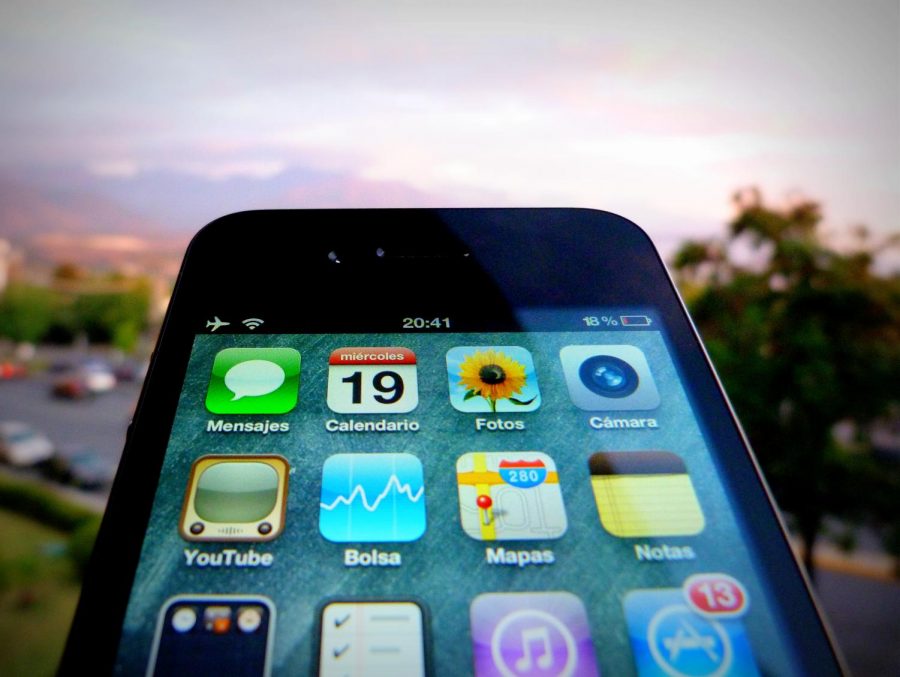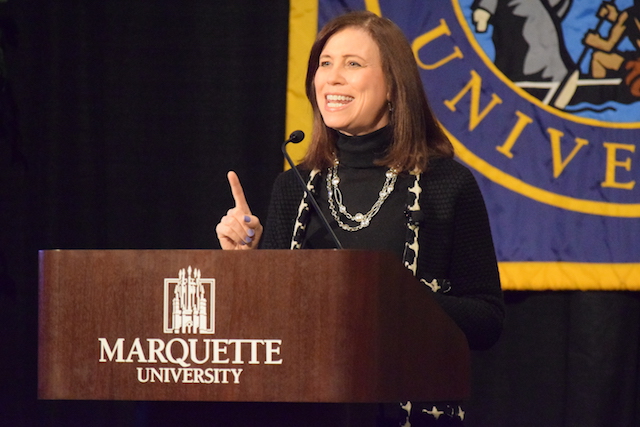The 2010s stand out as a decade of digital enhancement. The 2000s brought the first iPhone, Facebook and the Nintendo DS. The 2010s brought the iPad, Instagram and virtual reality gaming. The developments of previous technologies have been intentional down to every last detail, creating a whole new platform for existence within the digital realm. The past decade marks a switch in modern culture in which living online is normalized — and at times preferred — to living in person.
Digital existence isn’t exclusive to computer screens; it seeps into real life and has social and cultural implications. In some ways, living on this platform is beneficial to modern society. International communication is expedited, connecting people across the globe through meme culture, people of interest and trends or fads.
The spread of social movements and demands is also expedited, such as in the #MeToo movement. While #MeToo was originally coined on MySpace in 2006, Instagram and Twitter brought it back to life, emphasizing the universal nature of the issue and prompting a digital alliance among women.
Social media has also enabled the global popularization of unlikely yet integral figures, such as Greta Thunberg, teenage environmental activist and Time‘s Person of the Year. The ease of sharing, hashtagging, liking and reposting has enabled Thunberg to catch the public eye despite being only 16 years old. It has enabled her to separate herself as an activist despite her age, something that would have significantly hindered her in gaining popularity through a non-digital platform.
The digital world also exists beyond the analog world in terms of trends and comedy. Throughout the decade, content like Vines, memes and hashtags have provided the online community with trending comedy that can seldom be replicated in real time.
This content creates an exclusive type of humor that cannot be accessed by those who do not participate in the digital community but is often brought outside the digital world. My friends and I reference viral trends and memes as much as (if not more than) jokes that are neither created nor influenced by social media.
This makes me question whether I prioritize my “online” self to my real-life self. Though I identify as an outgoing, active individual, I believe that the digital world is so intertwined with the real world that it is difficult to truly live in the moment.
If I have an interesting encounter with a stranger, see something that reminds me of a friend or hear a song I think someone would like, I text a friend or family member almost immediately as if I need to bring that moment online in order to legitimize it.
I believe that many people who participate in social media also see it as a way to legitimize their beliefs but seldom look to intentional in-person interaction to exercise those beliefs. There are many ways to participate in a movement and make a difference online, such as raising money, donating or sharing socially revealing content. However, the fact that I run into that more often on a digital platform as opposed to a real-life encounter again provokes the question: Are people prioritizing their lives in real time or online?
Based on my observations, I believe that 2010-2019 was a decade that my generation spent, for the most part, online instead of in person. Being active in the online world can be good or bad; however, perhaps the most telling symptom of being online is feeling the need to fuse real-life material with an abstract phenomenon, suggesting that experiences should be digitized in order to be legitimized.
Whether the need to realize one’s identity, image and beliefs through social media and other digital means deepens or dwindles in the next decade is hard to say. Still, it is imperative to look at the past decade and consider how much of it was spent in person versus online.
This story was written by Sheila Fogarty. She can be reached at [email protected].





